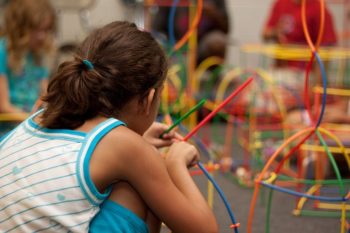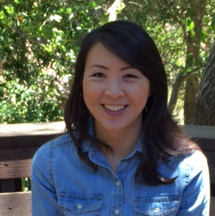How to Help Kids Schedule Due Dates for School Projects
Kids live so much in the present that it is difficult for them to understand what it means for a project to be due in a month. Until they get the hang of it, kids would benefit from charting out their assignments on a calendar. Here’s a quick tip:
Timeline for School Projects
- Start by marking the due date on the calendar.
- Note the start date and calculate how much time the child will have to complete the project.
- List how many different components there are to the project. Say it’s a science fair project and students need to submit a project proposal, data from their experiment, and a display board.
- Assign a mini-due date to indicate how much time it will take to complete each component. For example, one week to complete the project proposal, two weeks to conduct the experiment and collect data, and one week to compile the display board.
- Adjust these mini-due dates to reflect other commitments and life events. Make sure the child has enough time to complete each component by the final due date.
- Have your child work on a small aspect of the project regularly. For some kids, this means working on a small portion every day. For others, this may be every other day. You want to avoid the last minute rush and panic!
Wishing you stress-free school projects!
Jaime
Copyright (c) 2018 by GenParenting

Discovering the joy of teaching while in high school, Jaime pursued her B.A. in English at Santa Clara University. She also received a teaching credential and a M.A. in Education Administration from Santa Clara University. Jaime taught English Language Arts at Rancho Middle School, motivating and inspiring young people to become effective communicators and contributors in their community. From being a Middle School English Language Arts/English Language Development teacher to becoming a stay-at home mom, Jaime is an education consultant who presents literacy workshops. Her workshops focus on a combination of her ten years of teaching expertise with tried-and-true experiences that she uses with her own children. Jaime is also a Teacher Consultant with the San Jose Area Writing Project. Jaime’s mission is to share effective reading and writing strategies with families to encourage literacy.

